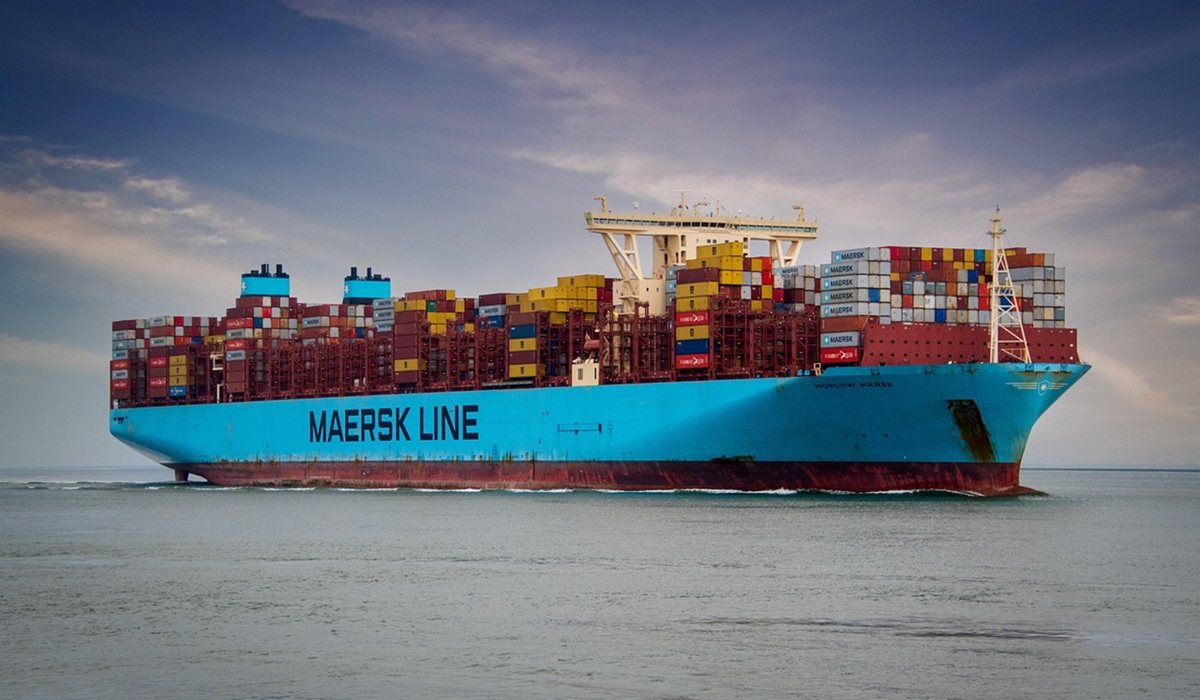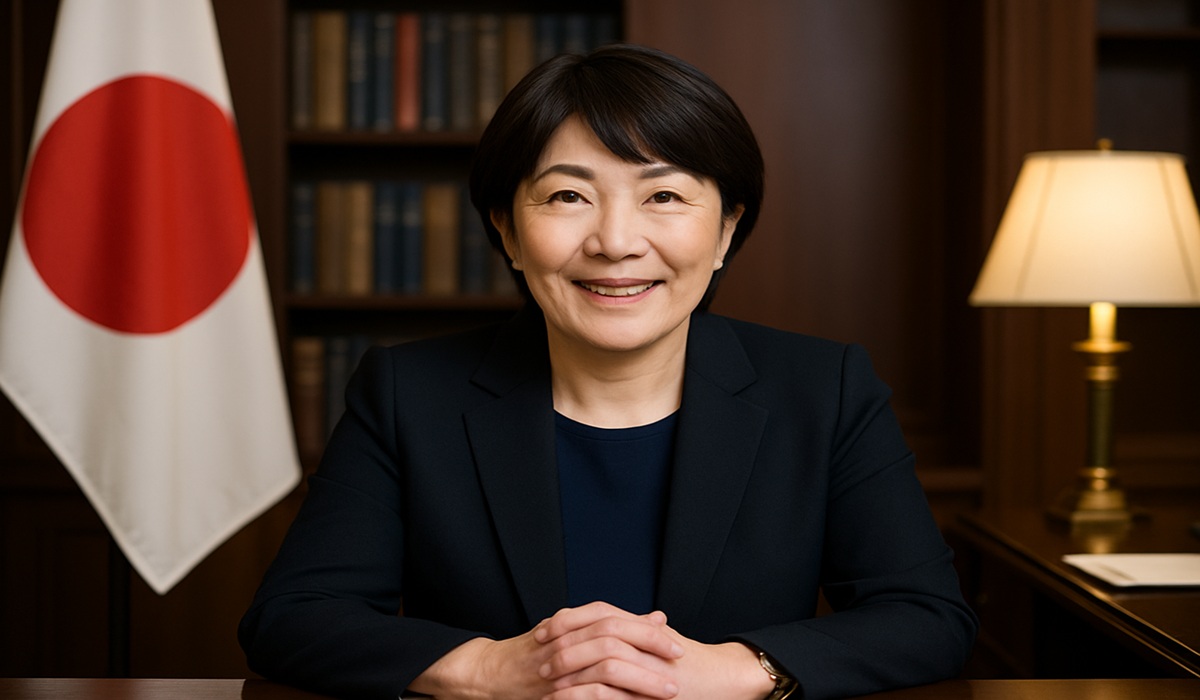CIPS and the Future of Global Trade: A Win-Win for Africa and the Global South
- Naomi Dela Cruz
- Africa
- Breaking News
- China
- East Asia
- August 7, 2025

Image Credit: Dendoktoor
In a world where global trade has long been governed by Western-centric systems, a major transformation is quietly taking place. At the heart of this shift is China’s Cross-Border Interbank Payment System, known as CIPS (pronounced “SIPS”). While it may sound like just another technical financial platform, the implications of CIPS are anything but minor. It represents a monumental change in how international trade can be conducted, especially for African nations and the broader Global South, which have historically been disadvantaged by the legacy structures of global finance.
Traditionally, when countries in Africa wanted to settle international transactions, they were forced to use the SWIFT system—an interbank communication network heavily influenced by Western financial powers. More than just a messaging system, SWIFT ensures the dollar remains king by effectively requiring that most global trade, regardless of the countries involved, be settled in U.S. dollars. This means that for a typical trade transaction, an African country would first need to convert its local currency to dollars, which then might be converted again into the currency of the trading partner. Each step in this process incurs fees, exposes the trade to volatile exchange rates, and ensures that African economies remain tethered to a system designed without their interests in mind.
CIPS changes that. Developed by China to facilitate international payments in yuan, it allows countries to settle transactions without ever needing to involve the U.S. dollar. For nations across Africa, this means fewer conversion steps, fewer losses to middlemen banks, and more equitable terms of trade. With China actively expanding access to CIPS throughout Africa, the continent stands to gain a tool that could drastically alter its position in global trade dynamics.
This system becomes especially relevant in the context of the growing movement to de-dollarize global commerce. Many countries, not just in Africa but also in Asia and Latin America, have grown weary of the dollar’s dominance and the political leverage that comes with it. Under President Donald Trump, the United States intensified its use of economic tools like tariffs, sanctions, and exclusion from financial networks as instruments of foreign policy. These policies have alienated long-time trade partners and pushed many to seek alternatives that reduce their dependence on an increasingly unstable and politically motivated financial order. Trump’s erratic trade decisions and tariff-heavy approach have not only strained diplomatic ties but have also injected unpredictability into global markets, with repercussions still being felt worldwide.
In contrast, China has extended a very different kind of offer to African nations. Not long ago, it removed all tariffs on African imports, a powerful gesture that aligns with its long-standing philosophy of win-win cooperation. This contrasts starkly with Washington’s historically extractive and paternalistic approach to Africa—a relationship that many African leaders have described as one-sided and self-serving. With CIPS now in place and Chinese markets more accessible than ever, African countries are in a position to trade on their own terms, without being forced through the financial bottleneck of dollar conversion and Western bank compliance.
Beyond the economic efficiencies, the significance of CIPS is also geopolitical. It is part of a larger effort by BRICS plus nations—Brazil, Russia, India, China, and South Africa—to build a multipolar world where no single currency or country dictates the terms of global engagement. This aligns with the broader interests of many nations in the Global South who have long been subjected to the economic policies of more powerful countries. CIPS is one of the tools that makes such a multipolar vision feasible. It doesn’t merely offer an alternative; it levels the playing field.
The rise of CIPS also opens doors for intra-African trade to flourish. With the advent of the African Continental Free Trade Area (AfCFTA), there’s a growing push for greater integration among African economies. If CIPS is used not just for China-Africa transactions, but also for trade within Africa, it could lead to the emergence of an entirely new financial ecosystem—one not dependent on Western oversight, but rooted in African agency and designed for the continent’s own needs and ambitions.
China’s approach to Africa, from lifting tariffs to offering infrastructure investments through the Belt and Road Initiative, signals a genuine interest in partnership rather than patronage. By contrast, the Trump-led U.S. has largely disengaged from Africa, offering little more than empty rhetoric and protectionist barriers. For African nations, the choice between a trading partner that offers infrastructure, fairer terms, and respect, versus one that imposes unpredictable tariffs and demands compliance, is increasingly clear.
The implementation of CIPS across Africa is a turning point. It signifies not just a technical upgrade in how trade is settled, but a broader awakening to the possibility of financial self-determination. By removing the unnecessary—and often exploitative—requirement to route all trade through the dollar, African countries can retain more of the value they create, protect their economies from external shocks, and engage the global market on more equal footing.
CIPS is more than a payment system. It is a challenge to the status quo and a declaration that the old rules of global trade no longer serve the many. For Africa and the rest of the Global South, it offers a long-overdue opportunity to step into a new era—one defined by fairness, mutual benefit, and the sovereign right to choose how and with whom to trade. As the world increasingly moves toward a multipolar order, tools like CIPS will not only be beneficial—they will be essential.








